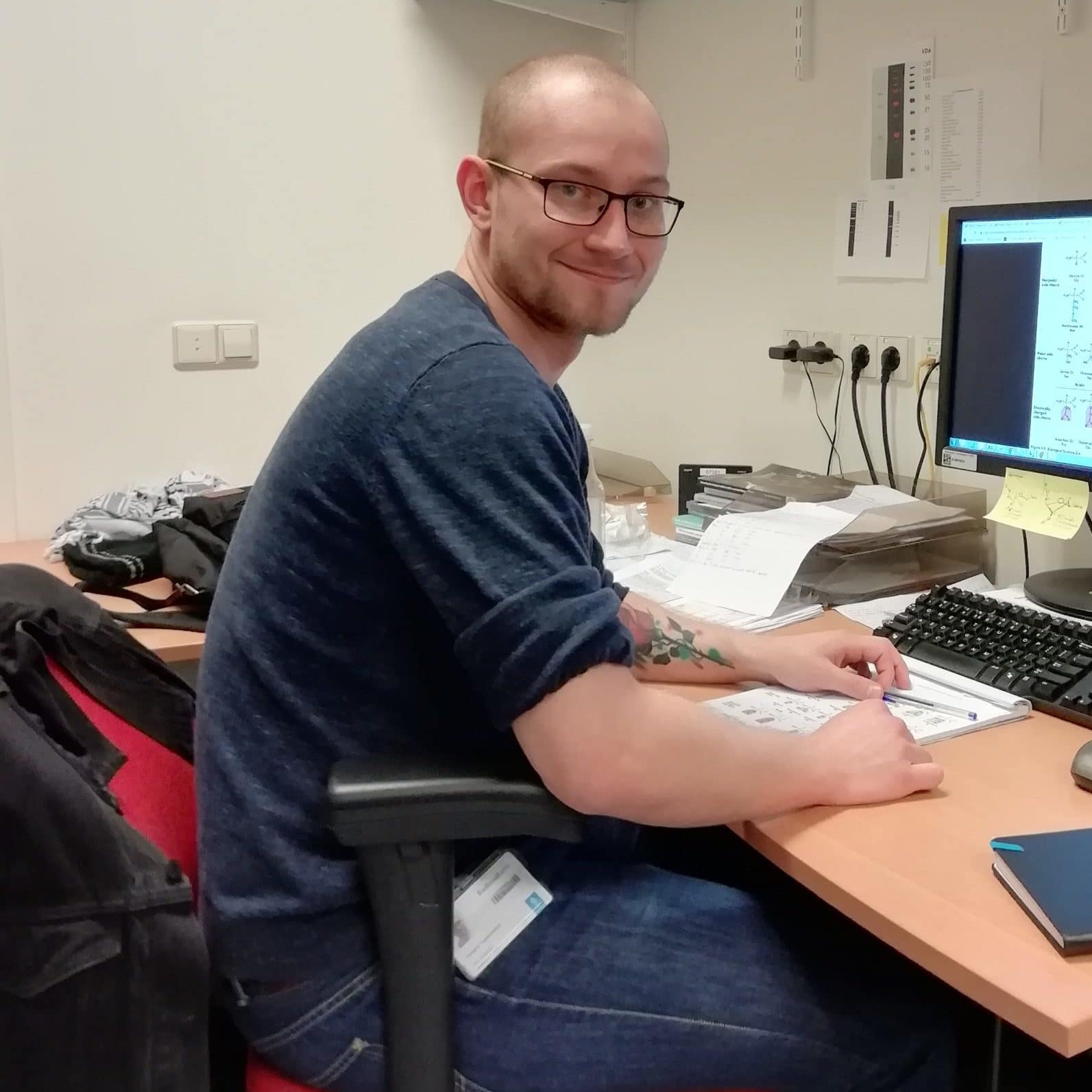
Meet a Researcher: Tomasz Tomkiewicz
Tomasz Tomkiewicz is undertaking a PhD studentship funded by Retina UK and The Macular Society.
Search results

Tomasz Tomkiewicz is undertaking a PhD studentship funded by Retina UK and The Macular Society.
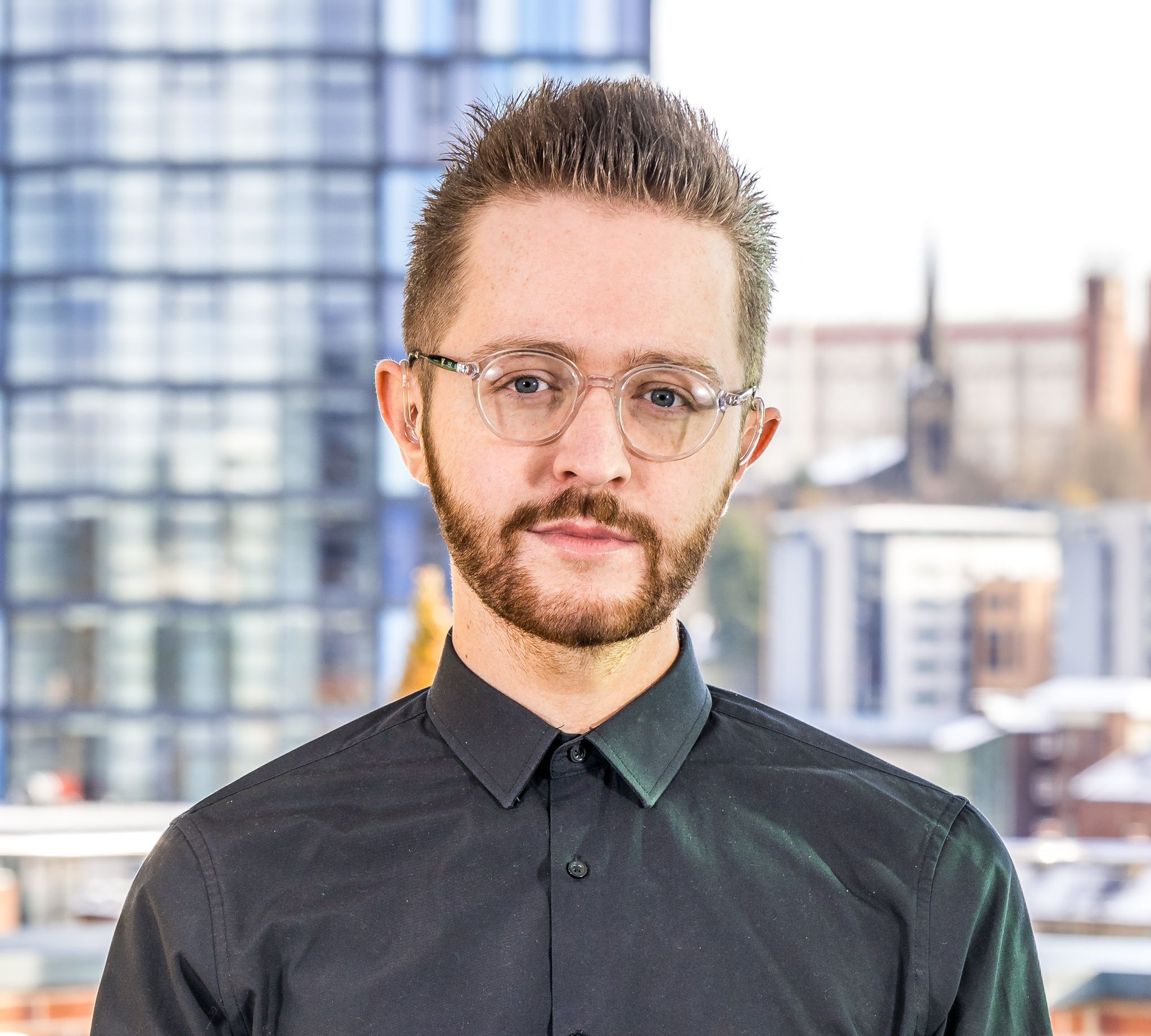
Aged 20, James was diagnosed with retinitis pigmentosa at a routine eye appointment in September 2015 and registered partially sighted, just prior to buying his first car and taking his driving test.
On a typical week in the stem cell lab there are many different experiments going on. Different people work on their individual projects, but we often collaborate to share ideas and help each other.
As Luxturna reaches the clinic and other gene-specific therapies for inherited retinal disease get closer to the end of the development pipeline, it is becoming ever more important that affected families can access a genetic diagnosis, potentially opening up choices around treatment and clinical trial participation.
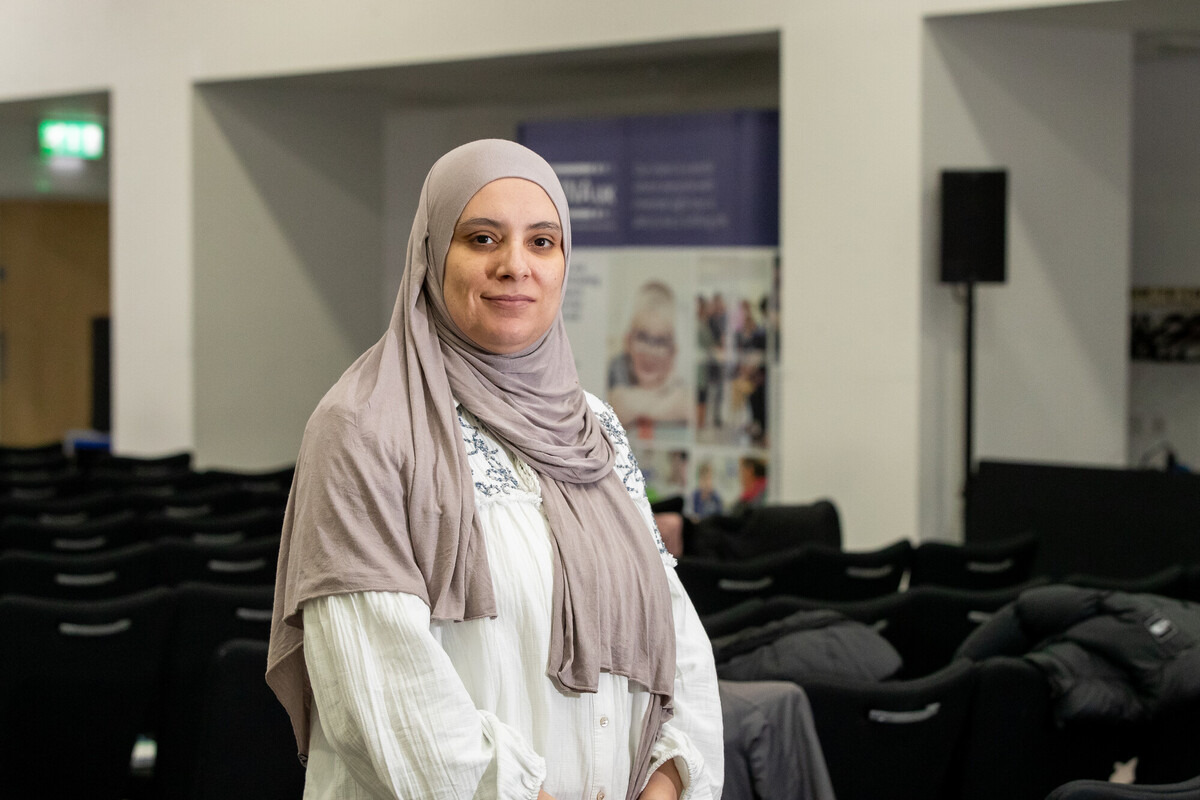
It’s not very often that we come across a researcher working on a project inspired by their own lived experience of a sight loss condition.
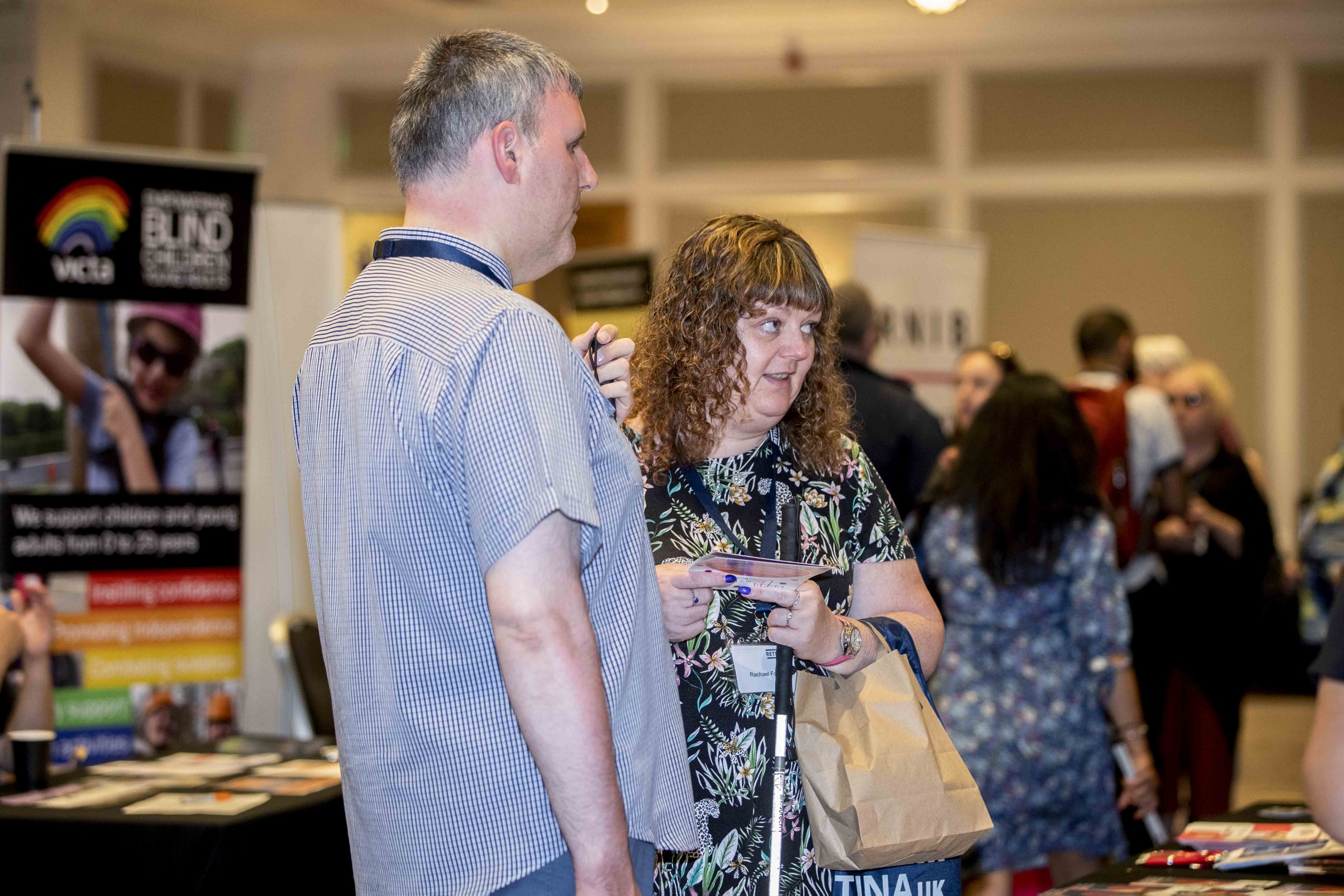
Inherited retinal dystrophies (IRDs) are the leading cause of blindness in working-age people in the UK, and children as young as eighteen-months are regularly diagnosed.

High quality information on genetic testing and counselling for families affected by inherited sight loss is now available in one place thanks to the launch of an innovative new website, Unlock Genetics.
Retina UK is delighted that the Scottish Medicines Consortium (SMC) has accepted the gene therapy Luxturna (voretigene neparvovec) for ongoing use by the NHS in Scotland.
Retina UK is delighted to announce that it has awarded three new research grants worth more than £870,000.
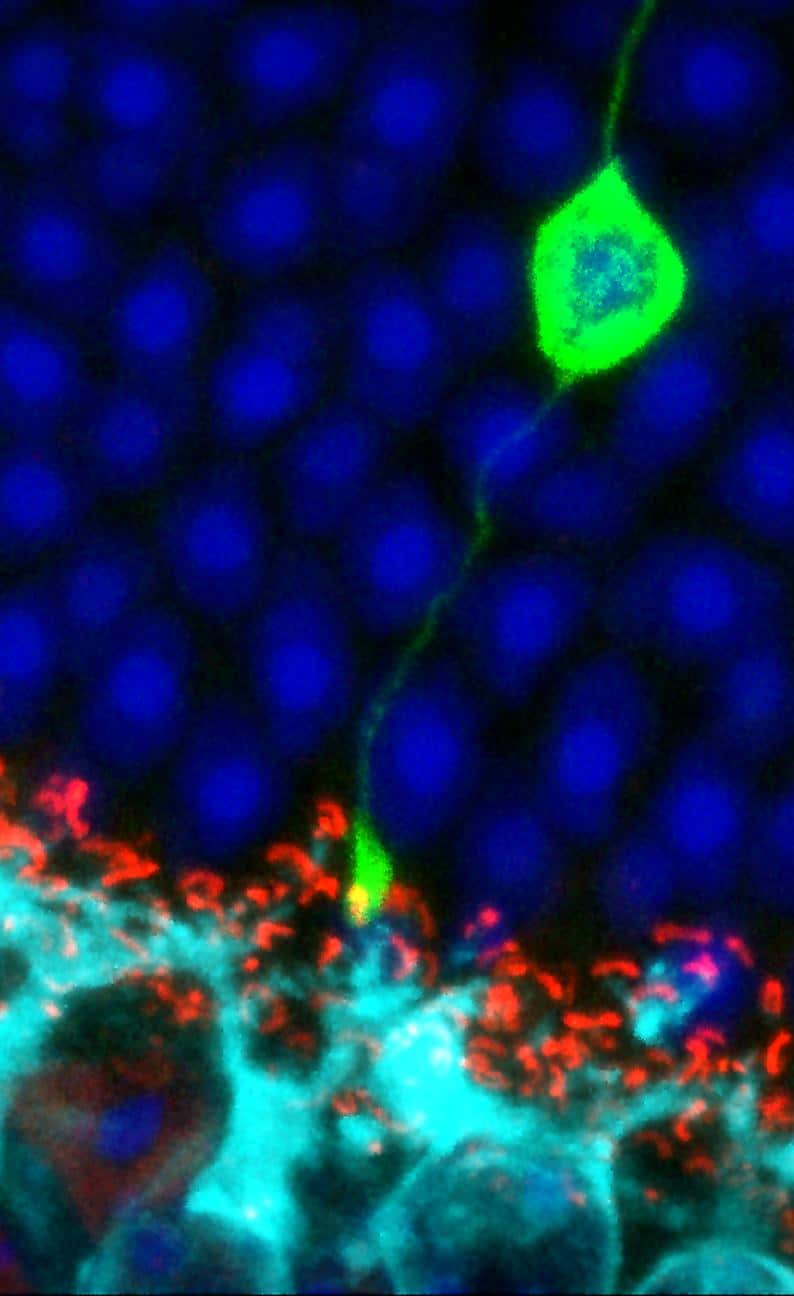
Stem cells are a special type of cell, which under the right conditions can be encouraged to grow into any other type of cell in the body, including retinal cells (rods, cones and retinal pigment epithelial cells).